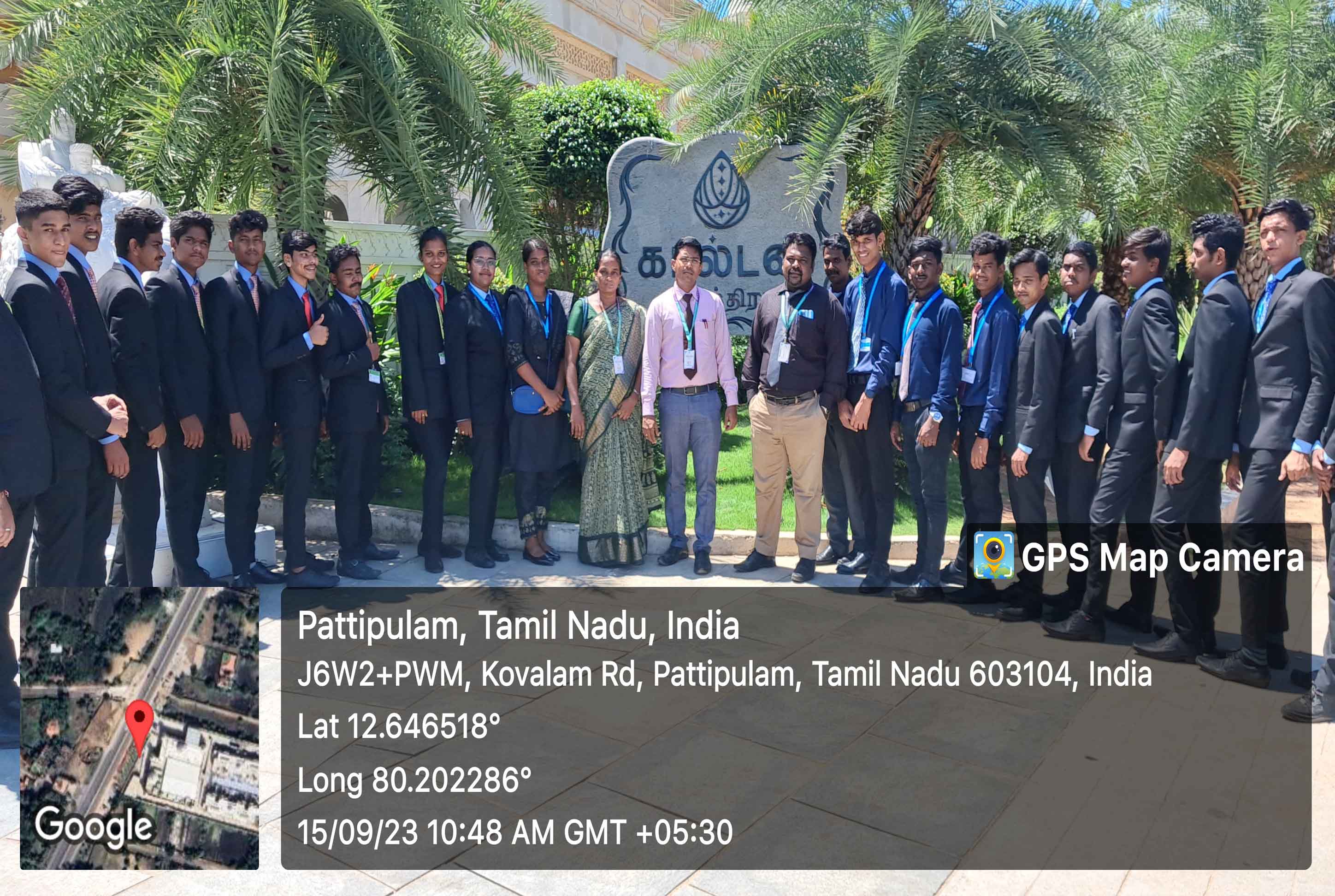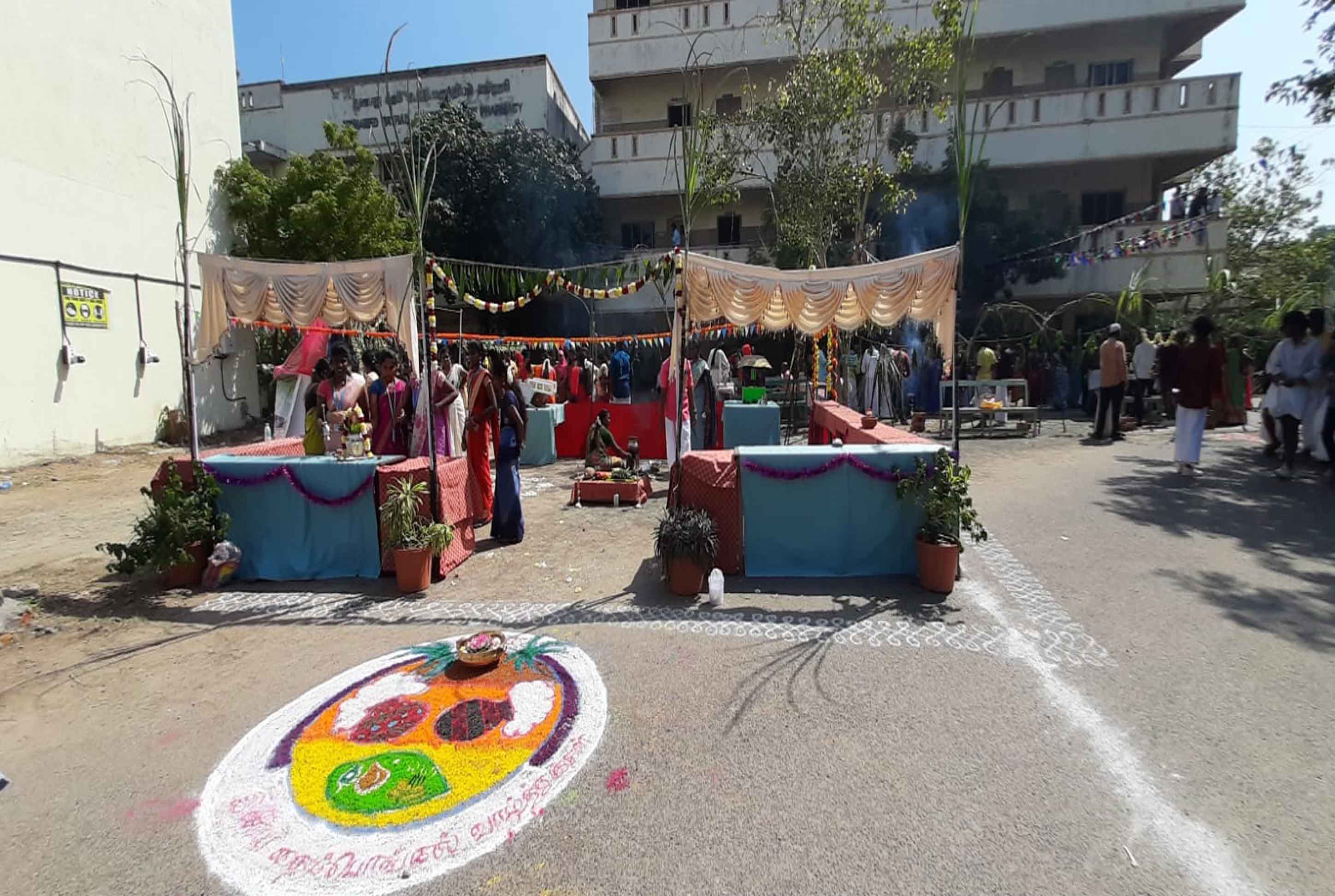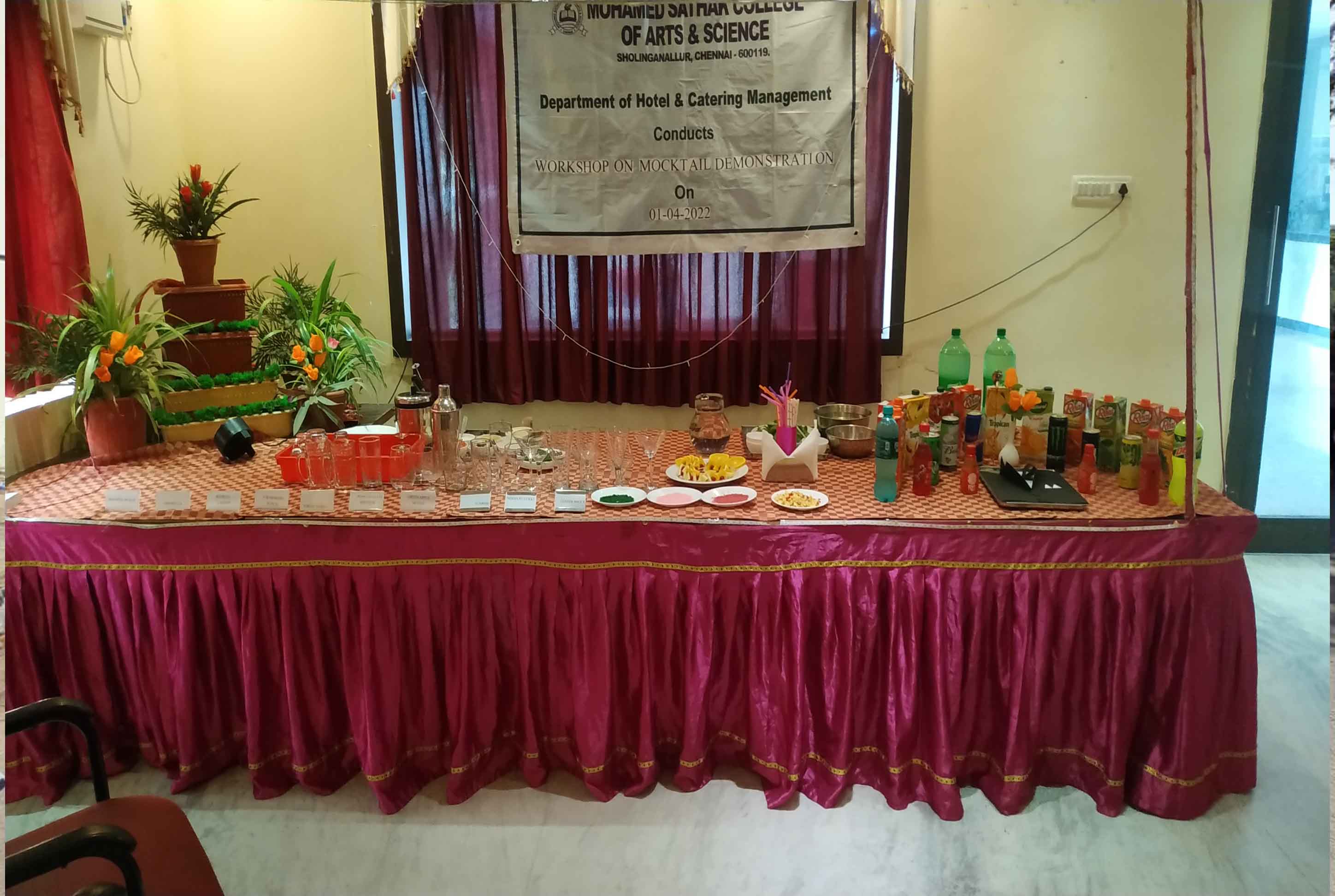Overview
The bachelor Department of Business Administration was established in the year 1992-1993.
The Department had grown to its heights in the three decades through quality education and contributing to the Society by providing well trained budding managers.
Curriculum as designed by the University of Madras with Choice Based Credit System(CBCS)
Elective papers are offered to the students in final year that enables them to choose the subjects of their interest.
The course covers various streams of subjects apart from Management Papers such as Mathematics, Computer Applications and Law subjects.
The Course also offers practical exposure through Project Work which is compulsorily carried out by the Final year Students in any industry.
Programme
Duration:
3 years (Regular)
No. of Semesters:
6 (Regular)
Eligibility:
+2 passed this degree is open to the students of any groups in higher secondary. Should have studied Commerce and Accountancy in +2 & 20% Reserved for Vocational Stream .
Career Opportunities:
Entrepreneur, Digital Marketer, Operation Manager, Banker, Finance Manager, Personnel Manager
Vision
To impart transformational management education and skills to aspire students. To offer education on global business and generate competent management professionals to become part of the industry.
Mission
To provide competency – Driven education, a core component of our growth and success. To collaborate with industry, trade and commerce for the development new knowledge and academic content thereby providing career opportunities of our students. Foster excellent by providing the quality education in business management.
PEOs / PSOs / PO
Programme Educational Objectives (PEOs)
| PEO1. | The curriculum is designed so as to strengthen the Industry-Academia interface and provide more job opportunities for the students. |
| PEO2. | The B.Com. Degree Programme provides ample exposure to courses from the fields of Commerce, Accountancy and Management. The course equips the students for entry level jobs in industry, promotes the growth of their professional career, entrepreneurship and a key contributor to the economic development of the country |
| PEO3. | The Internship during the second year vacation will help the students gain valuable work experience that connects classroom knowledge to real world experience and to narrow down and focus on the career path. |
| PEO4. | Project with viva-voce component in the fifth semester enables the student, application of conceptual knowledge to practical situations. |
| PEO5. | The students can fit into junior level management position. |
| PEO6. | They are extremely employable and can progress to higher positions in any organizations. |
| PEO7. | It is most valued degree for the students who are looking for a leadership positions. |
| PEO8. | BBA Degree prepares students to manage the work in the companies by teachings subjects such as Finance, Marketing and Human resources. |
| PEO9. | It provides more job opportunities within India and Abroad. |
| PEO10. | It creates Entrepreneurs. |
Program Specific Outcomes (PSOs)
| PSO1. | To enable students to apply basic microeconomic, macroeconomic and monetary concepts and theories in real life and decision making. |
| PSO2. | To sensitize students to various economic issues related to Development, Growth, International Economics, Sustainable Development and Environment |
| PSO3. | To familiarize students to the concepts and theories related to Finance, Investments and Modern marketing |
| PSO4. | Evaluate various social and economic problems in the society and develop answer to the problems as global citizens |
| PSO5. | Enhance skills of analytical and critical thinking to analyze effectiveness of economic policies. |
Programme Outcomes (PO)
| PO1. | Disciplinary knowledge: Capable of demonstrating comprehensive knowledge and understanding of one or more disciplines that form a part of an undergraduate Programme of study. |
| PO2. | Communication Skills: Ability to express thoughts and ideas effectively in writing and orally. |
| PO3. | Critical thinking: Capability to apply analytic thought to a body of knowledge analyse and evaluate evidence, arguments, claims, beliefs on the basis of empirical evidence. |
| PO4. | Problem solving: Capacity to extrapolate from what one has learned and apply their competencies to solve different kinds of non-familiar problems. |
| PO5. | Analytical reasoning: Ability to evaluate the reliability and relevance of evidence. Analyze and synthesize data from a variety of sources draw valid conclusions and support them with evidence and examples, and addressing opposing viewpoints. |
| PO6. | Research-related skills: Ability to recognize cause-and-effect relationships, define problems, formulate hypotheses, test hypotheses, analyse, interpret and draw conclusions from data and report the results of an experiment or investigation. |
| PO7. | Cooperation/Team work: Ability to work effectively and respectfully with diverse teams; facilitate cooperative or coordinated effort on the part of a group, and act together as a group or a team in the interests of a common cause and work efficiently as a member of a team. |
| PO8. | Scientific reasoning: Ability to analyse, interpret and draw conclusions from quantitative/qualitative data; and critically evaluate ideas, evidence and experiences from an open-minded and reasoned perspective. |
| PO9. | Reflective thinking: Critical sensibility to lived experiences, with self-awareness and reflexivity of both self and society. |
| PO10. | Information/digital literacy: Capability to use ICT in a variety of learning situations, demonstrate ability to access, evaluate, and use a variety of relevant information sources; and use appropriate software for analysis of data.. |
| PO11. | Self-directed learning: Ability to work independently, identify appropriate resources required for a project, and manage a project through to completion. |
| PO12. | Multicultural competence: Possess knowledge of the values and beliefs of multiple cultures and a global perspective; and capability to effectively engage in a multicultural society and interact respectfully with diverse groups. |
| PO13. | Moral and ethical awareness/reasoning: Capable of demon starting the ability to identify ethical issues related to ones work, avoid unethical behavior such as fabrication, falsification or misrepresentation of data or committing plagiarism, not adhering to intellectual property rights. |
| PO14. | Leadership readiness/qualities: Capability for mapping out the tasks of a team or an organization, and setting direction, formulating an inspiring vision, building a team who can help achieve the vision. |
| PO15. | Lifelong learning: Ability to acquire knowledge and skills, including „learning how to learn‟, that are necessary for participating in learning activities throughout life, through self- paced and self-directed learning aimed at personal development. |
Faculty
Rank Holders
Department Of BBA
-
Academic Year Student Name Rank 2017-2020 Ms.SOWNDHARYA.K 2



















